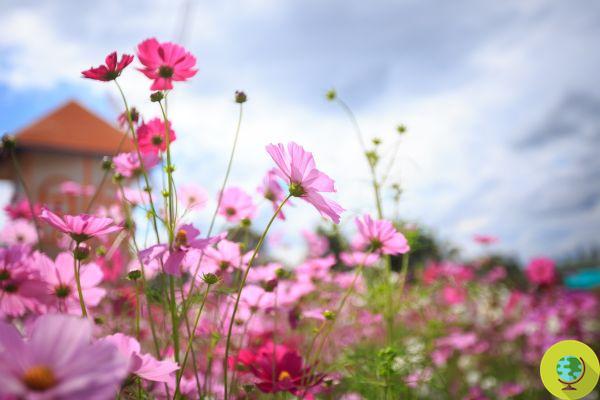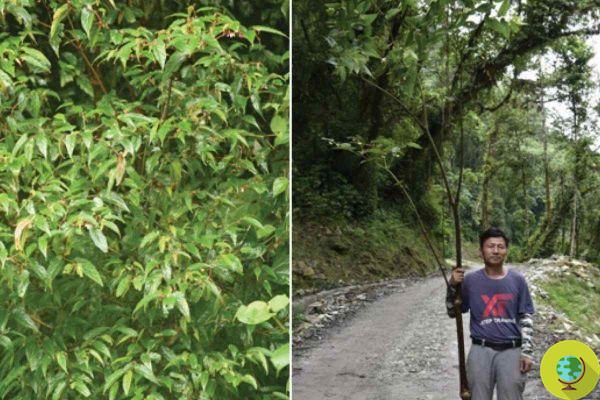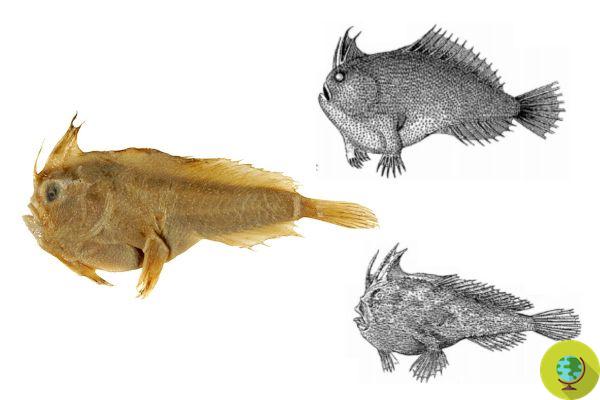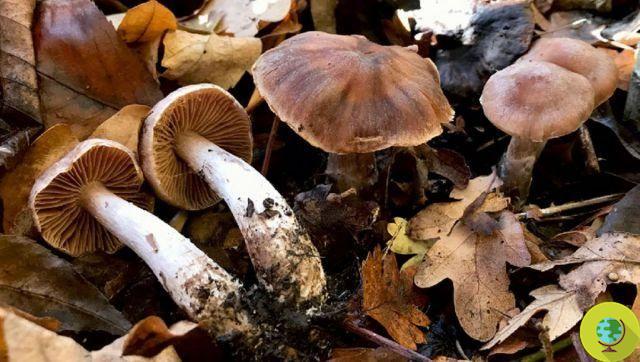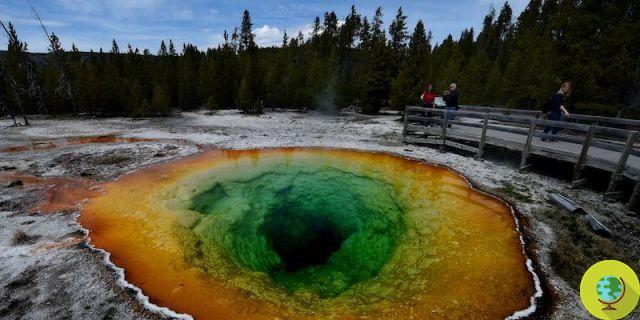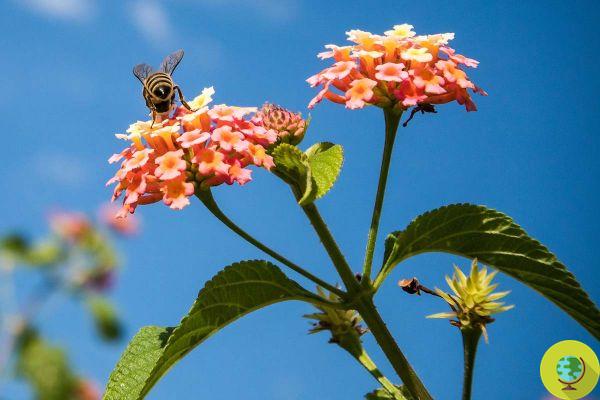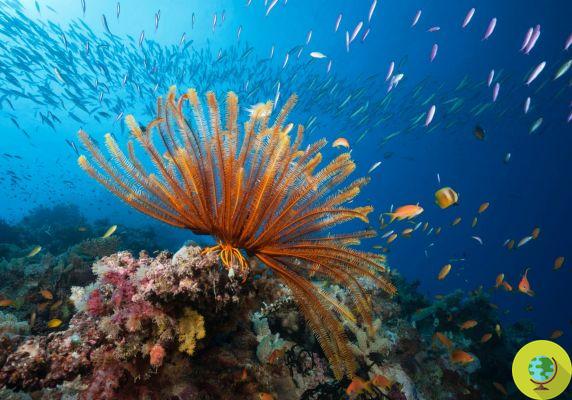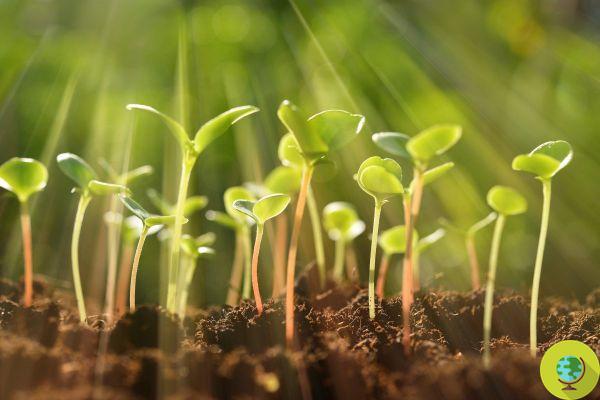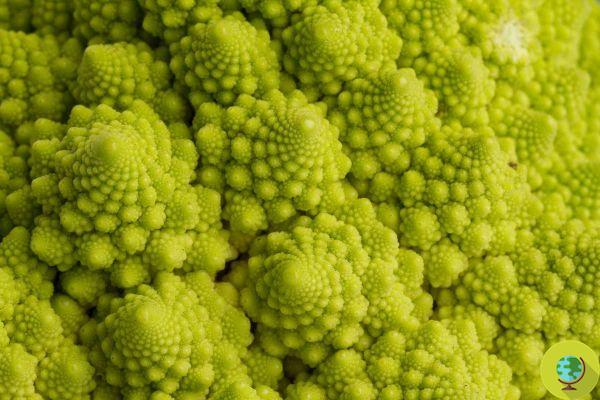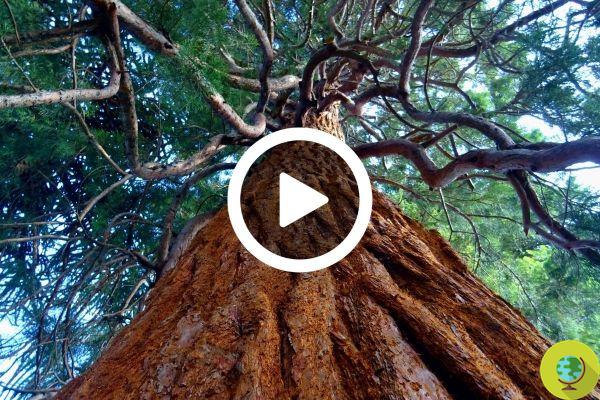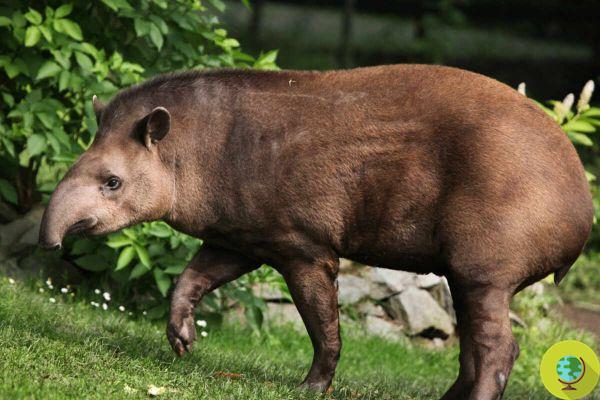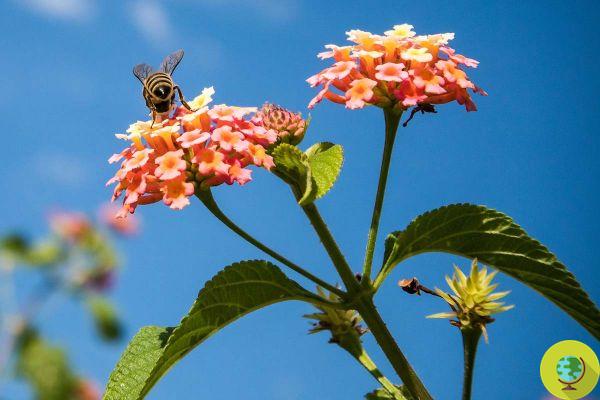
Thanks to the lockdown, the bee population has grown back. Environmentalists hope that some of the changes imposed by the pandemic will remain stable
Each bee carries within itself the mechanism of the universe: each summarizes the secret of the world. cit. Michel Onfray
The lockdown that forced us to live in quarantine for many weeks was particularly beneficial for bees. The population of these insects, in fact, all over the world, has benefited from it and is literally reborn.
Good news regarding these insects comes in World bee day which is celebrated on 20st May, with the aim of raising public awareness on the importance of pollinators and on the threats they unfortunately have to face.
Restrictions that in different areas of the planet have put a stop to a series of practices harmful to insects, have essentially created a friendlier world for wild bees. The blockade due to Covid-19 has in fact contributed to reverse the sharp decline in the bee population.
As some scientists explained to the BBC, bees were favored during this period for several reasons, the two most important being that among the positive effects of the lockdown there was the significant reduction of atmospheric pollution but also the reduction of car trips.
Thanks to the fact that there is less smog and car fumes, bees can more easily smell the scents emitted by the flowers and which direct them to the plants to be pollinated. On the contrary, pollution is able to confuse the bees who are therefore less efficient in completing their important work. All this is known thanks to a 2016 study.
But it does not end there, as he declared Mark Brown, professor of evolutionary ecology at Royal Holloway, University of London, greater car journeys put the survival of a large number of bees at risk:
“Fewer cars on the roads also mean other benefits for bees. The number of bee deaths is likely to decrease as car trips decrease during the lockdown. A 2015 study by Canadian researchers estimated that 24 billion bees and wasps are killed by vehicles on North American roads every year. "
Also considering that, again due to the restrictions, many have stopped keeping the roadsides free of plants and flowers, the bees have also seen areas that they usually do not frequent turn into lush habitats perfect for their needs.
"This unexpected profusion of flowers could be another boon to bees, with unexpected food increasing the population," says Professor Brown.
With the lockdown we are saving bees: wild flowers are popping up in cities around the world
Ecologists in the UK therefore suggest letting the roadside remain lush and, to spread the importance of this practice for the benefit of bees, they have also launched real companions such as "Don’t mow, let it grow"(Don't mow, let it grow).
The bee population, therefore, was favored by the pandemic in different ways egenvironmentalists hope that some of these changes will remain stable even now that a slow recovery has begun.
But while leaving the margins wild is a fairly simple thing to maintain, reducing traffic volumes requires more substantial changes and not always easily or quickly achievable.
It's time though more important than ever to safeguard bees as, prior to this recovery, they were rapidly declining around the world due to habitat loss, pollution and pesticide use (and it is not unlikely that this trend will soon be back). Their eventual disappearance would, as is now known, also dangerous for our very survival. These insects, in fact, are the most important pollinators in the world, they fertilize a third of the food we eat and 80% of flowering plants.
It should also be emphasized that such bee shooting doesn't mean it's a good time for honey. Beekeepers and farmers who rely on these insects to pollinate their crops are in trouble due to travel restrictions imposed by the pandemic. Commercial beekeepers in Canada and many European countries depend heavily on seasonal workers and the import of queen bees from around the world to supply their colonies, and for long months they have been virtually stuck.
Then there is the discourse of the killer wasp that seriously jeopardizes the survival of bees in some parts of the world.
In the midst of the pandemic, the US faces another invader: the "giant hornets" that exterminate bees, also dangerous for humans
The killer wasp that exterminates bees putting them in grave danger has been sighted in Tuscany and Liguria
In short, the bees had some respite while we were closed in the house, but there is still a lot to do to ensure a lasting and profitable survival for them and ourselves.
Reference source: BBC
Read also:
- Bees and flowers, theirs is the longest love story in the world (but now it risks ending)
- The bee declared the most important living being on the planet, but risks extinction
- Bees: let's save them with a flower. Here are which ones to plant




